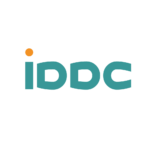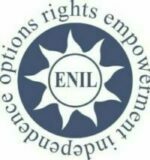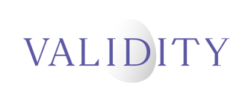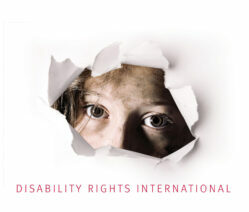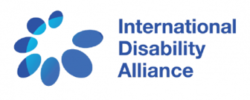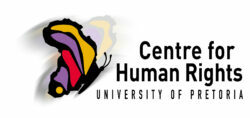On 20 April 2020, members of the Coordinating Group of the COVID-19 Disability Rights Monitor (‘COVID-19 DRM’) launched a major global initiative to conduct rapid independent monitoring of state measures concerning the impact of COVID-19 on persons with disabilities. The COVID-19 DRM was endorsed by the UN Special Rapporteur on the Right to Health, Mr. Dainius Pūras, the UN Special Rapporteur on the Rights of Persons with Disabilities, Ms. Catalina Devandas-Aguilar, and the UN Independent Expert on the enjoyment of human rights by persons with albinism, Ms. Ikponwosa Ero.
The survey was comprised of three components, each targeting key stakeholders:
- The first requested official information from Governments.
- The second targeted national human rights monitoring mechanisms, including national human rights institutions (‘NHRIs’), national preventive mechanisms (‘NPMs’) under the auspices of the Optional Protocol to the Convention against Torture (‘OP-CAT’), as well as national monitoring mechanisms and frameworks operating under Article 33 of the CRPD;
- The third aspect of the survey called for persons with disabilities and their representative organisations to provide their own testimonies as well as their assessments of state actions taken to protect fundamental rights.
Collectively, the three components of the survey aimed to collect information, inter alia, about what states were doing to protect core rights of persons with disabilities, including the right to life, access to health and essential services. Beyond this, the initiative seeks to highlight the particular issues faced by persons with disabilities in situations of heightened vulnerability during the COVID pandemic, including those living in institutions and their own homes, children, older persons, those who are homeless and people in rural settings.
The questionnaires were made available in twenty-five languages, including the five official languages of the United Nations (‘UN’), namely Arabic, English, French, Russian and Spanish, mostly through the tremendous efforts of volunteer translators. The surveys were made available on a special website established for the initiative – www.covid-drm.org – and remained open from 20 April to 7 August 2020; a visual data dashboard was also established on the site to provide up-to-date information on response rates, as well as a set of weekly briefings summarising data received.
During a period of three and ahalf months, 2,152 online responses were collected from 134 countries around the world, representing over two third of UN member states.

